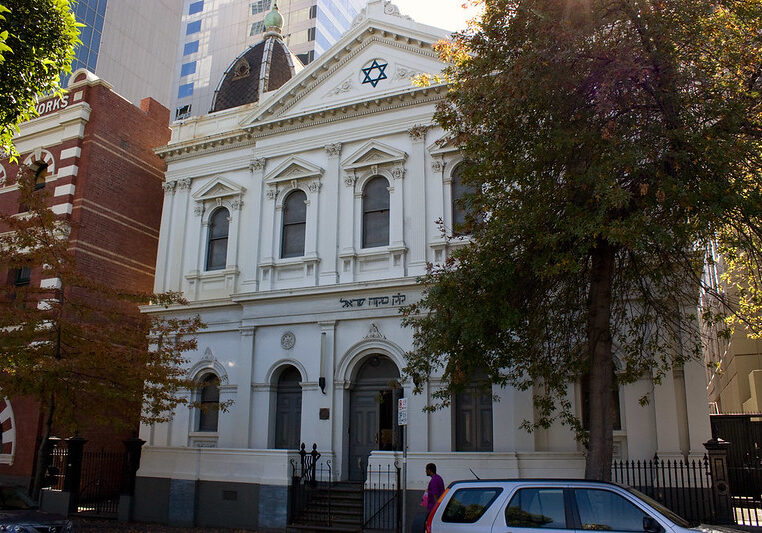Australia/Israel Review
The Last Word: In Your Faith
Dec 18, 2009 | Jeremy Jones
Jeremy Jones
The referendum in Switzerland which recorded a resounding majority against the construction of new minarets has, understandably, resulted in a torrent of media coverage.
A number of commentators have noted the strong opposition to the anti-minaret campaign by many leading Jewish individuals and organisations, responding to a campaign they believed was motivated by prejudice and xenophobia.
From within Muslim communities, there were many commentators who noted that Switzerland is one of the few places on earth that outlaws Shechita, the Jewish procedure for humane and responsible killing of animals for human consumption.
One of the loudest Muslim commentators, however, used the issue to foster anti-Jewish feeling, with the subtle invocation of the myth of Jewish power.
Tariq Ramadan, with a public record on many issues which has given him a profile as a threat to Muslim/non-Muslim coexistence and whose activities have led to his refusal of a visa to the USA, wrote in the Guardian that the anti-minaret forces “wanted first to launch a campaign against the traditional Islamic methods of slaughtering animals but were afraid of testing the sensitivity of Swiss Jews”.
This extraordinary claim appeared out of place in an article which canvassed the reaction to Muslim migration in a number of European countries.
Writing for an audience which is repeatedly being exposed to mythology of malevolent Jewish power, it is not unreasonable to conclude that this was an intentional attempt to tell an audience what it wanted to hear.
Days after that article appeared, Tariq Ramadan was in Melbourne, speaking at the Parliament of World Religions, again telling a variety of audiences exactly what they wanted to hear.
The Parliament, despite the name, was not a place for debate or cross-examination, but rather a smorgasbord of sessions by self-nominated presenters, many of which were inspiring, entertaining, and/or informative.
The atmosphere in the parliament was one of goodwill and relationship-building, by and amongst advocates of religious co-existence and pluralism from many faith traditions. In general, even controversial speakers were treated with a fair degree of deference and respect, with hostile questioners treated gently.
I presented at the first session, on the subject of “Strengthening Faith through Interfaith Dialogue”, and for the next week found that individuals present at the discussion, and others who heard about it, wanted to continue the experience of questioning and learning.
One of the most popular and positive sessions, which typified the parliament, was on peace-building through dialogue, in which the speakers included a priest, a rabbi who followed the late Shlomo Carlebach, a Druze, a Bukhari imam and a Muslim Arab women’s rights activist.
After a series of questions and comments reflecting the spirit of goodwill in the room, a very angry and aggressive woman thundered that she had little respect for the panellists, and as her concern was with “justice” she was going to “breach the Gaza blockade” before the year was out.
The panellists offered advice as to how to lend genuine humanitarian support to those in need in Gaza, ignoring her hostility while emphasising the value of supporting those who want peace and reconciliation as against collaborating with fascists.
One of my final images of the parliament was hundreds of people standing up and expressing their commitment to finding peace, with one individual, the questioner, sitting grumpily in her seat.
The large Iranian presence was another matter deserving of comment. One Iranian speaker stated that there is no persecution of Baha`i in Iran, to which the Chair, a Muslim with Baha`i heritage, replied “you have no credibility”.
While he appeared unperturbed, the many visitors to the Baha`i information booth who had their photographs taken by Iranian visitors were more than a little uncomfortable.
It is easy to dismiss the entire concept of the parliament as misdirected or irrelevant, but the presence of many inspired and inspirational people, the opportunity for hearing and learning and the possibilities of demystifying religious traditions and breaking down stereotypes and hostilities, all contribute to the conclusion that the parliament is both worthwhile and significant.
Tags: Antisemitism






